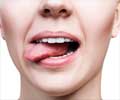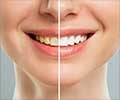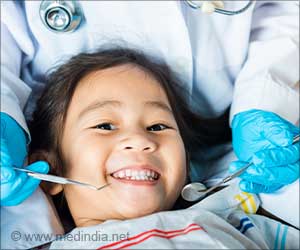A new study examines the role of carbohydrate intake and the bacteria living under the gum region in the oral health condition of postmenopausal women.

TOP INSIGHT
Higher intake of sugary and high glycemic load foods may influence poor oral health and, perhaps, systemic health outcomes in older women due to the influence these foods have on the oral microbiome.
The study was unique in the way the samples were taken from the area under the gums, rather than saliva.
“This is important because the oral bacteria involved in periodontal disease are primarily residing in the subgingival plaque,” said study first author Amy Millen, Ph.D., associate professor of epidemiology and environmental health in UB’s School of Public Health and Health Professions.
They reported positive associations between total carbohydrates, glycemic load, sucrose, and Streptococcus mutans, a contributor to tooth decay and some types of cardiovascular disease, a finding that confirms previous observations. But they also observed associations between carbohydrates and the oral microbiome that are not as well established.
They also observed Leptotrichia spp., which has been commonly associated with gum disease, in some studies, to be positively associated with sugar intake.
As more studies are conducted looking at the oral microbiome using similar sequencing techniques and the progression or development of gum disease over time, better inferences about how diet relates to the oral microbiome and gum disease can be given.
Source-Medindia
 MEDINDIA
MEDINDIA

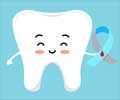

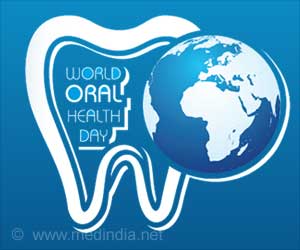
 Email
Email



